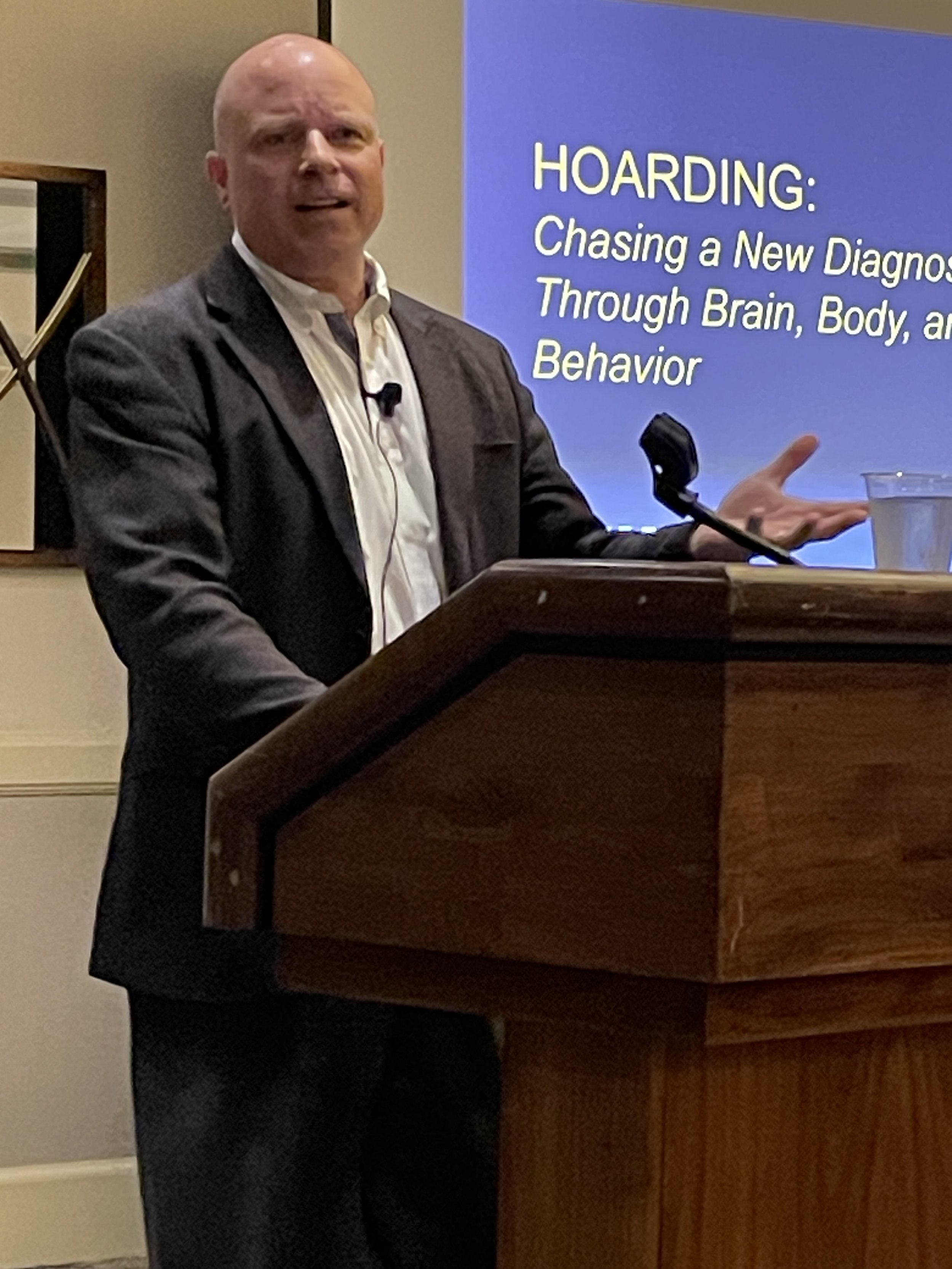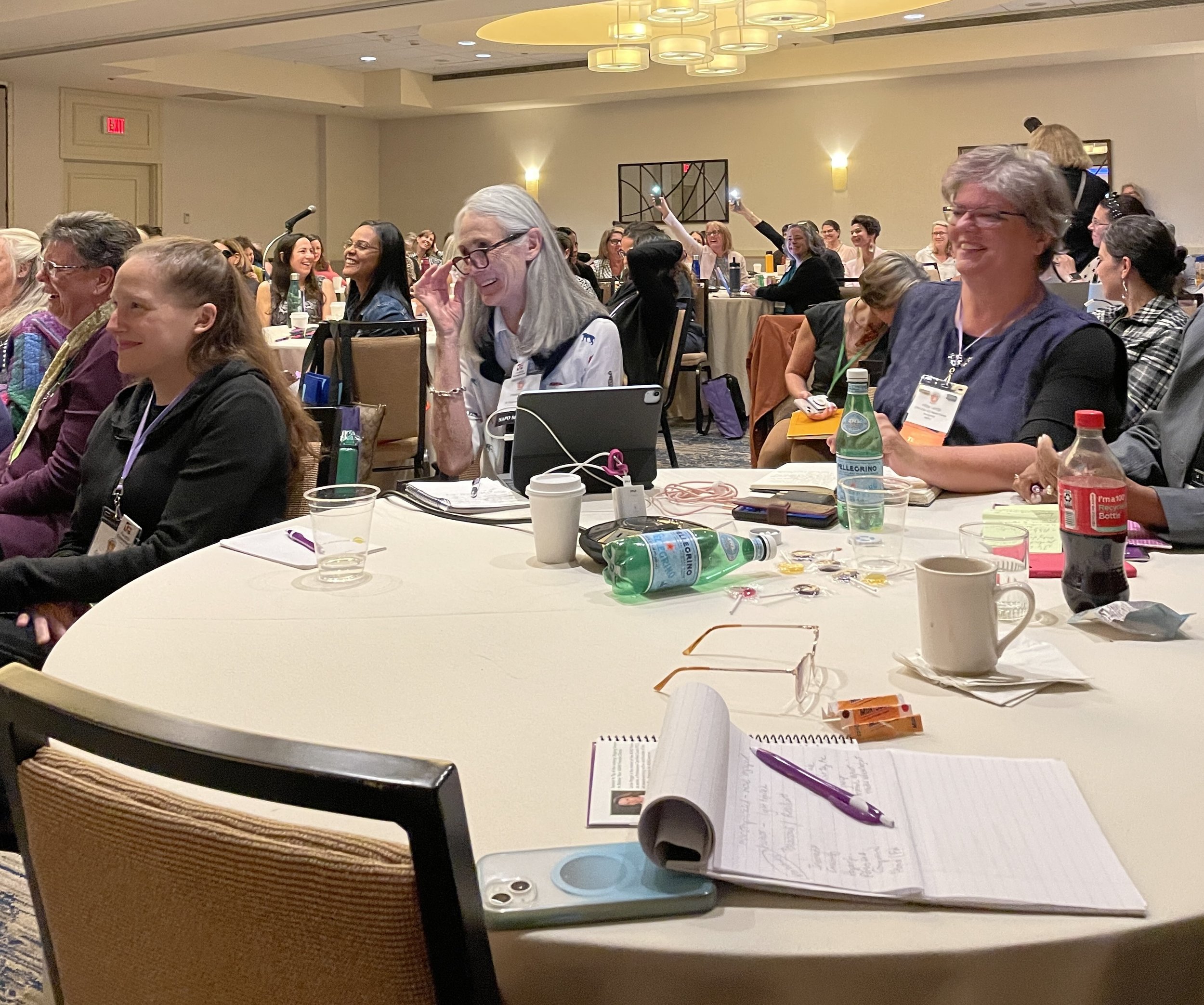Life requires energy. How much effort do you spend on aspects of your life you have little or no control over? Are distractions and worry preventing you from moving forward?
Focusing your energy and choosing productive actions within your control will guide you toward more fruitful next steps. You may wonder how you can do that.
One option is to do an informal personal energy audit. This evaluation will help you understand where your time and energy go. Once completed, prioritizing next will become more evident.
What is a Personal Energy Audit?
In James Clear’s recent 3-2-1 Thursday newsletter, his idea influenced my thoughts about creating a personal energy audit. To do this, notice where you spend your time and mental energy on a typical day.
Once you have made a quick assessment, you’ll be able to:
let go of energy drainers
gather excess energy
focus energy gains on productive actions
Clear says,
“Take all the energy you spend on…
worrying about the past
worrying about the future
worrying about what others think
worrying about if you might fail
…and channel that energy into one useful action within your control.”
What a fantastic and powerful call to action!
“Notice where you spend your time and mental energy on a typical day.”
What Will Be Your Essential Next Step?
Clear encourages harnessing those energy gains into just “one useful action.” Select one next small, doable step “within your control” that will result in a positive outcome. Doing that will help reduce overwhelm and increase laser focus.
What will your “useful action” be?
Is Your Energy Aligned with Useful Action?
You will expend energy each day. It is vital to notice where that energy is going. Do you focus on those things that aren’t in your control? Or are you aligning your energy with positive action?
I’d love to hear your thoughts. I invite you to join the conversation.
How Can I Help?
Do you want support organizing, editing, planning, or focusing energy on useful next steps? I’d love to help! Virtual organizing is an extraordinary path forward – local feel with a global reach.
Please schedule a Discovery Call, email me at linda@ohsorganized.com, or call 914-271-5673. Focusing on what’s next is possible, especially with support.





















